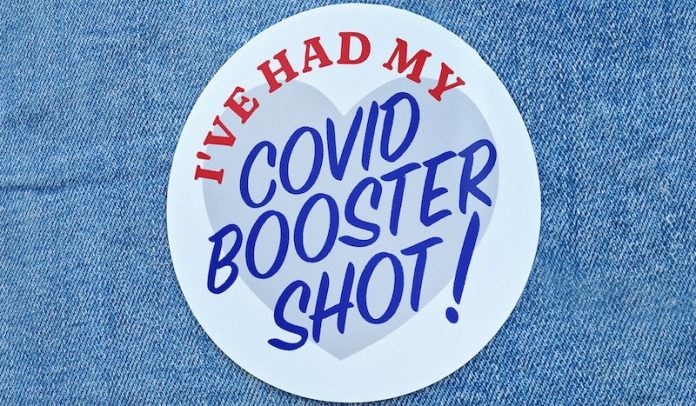
Scientists from Universidad del Desarrollo found that the mix-and-match approach to COVID-19 booster vaccination offers the best protection.
They showed that giving a different type of vaccine (heterologous) for the third or ‘booster’ dose than was received for the first two doses, leads to better vaccine performance than using the same (homologous) inactivated SARS-CoV-2 vaccine for all three doses.
The research is published in The Lancet Global Health and was conducted by Dr. Rafael Araos et al.
In the study, the team examined the effectiveness of CoronaVac (Sinovac Biotech), AZD1222 (Oxford-AstraZeneca), or BNT162b2 (Pfizer-BioNTech) vaccine boosters in individuals who had completed a primary two-dose immunization schedule with CoronaVac, an inactivated SARS-CoV-2 vaccine which accounts for about half the COVID-19 vaccine doses delivered globally, compared with no vaccination.
The team assessed the nationwide vaccination program in Chile, where the two-dose Coronavac schedule was by far the most commonly given.
A total of 11 174 257 individuals were eligible for this study, among whom 4 127 546 completed a primary immunization schedule (two doses) with CoronaVac and received a booster dose during the study period.
1 921 340 (46·5%) participants received a heterologous AZD1222 booster, 2 019 260 (48·9%) received a heterologous BNT162b2 booster, and 186 946 (4·5%) received a homologous booster with CoronaVac.
The team found vaccine effectiveness in preventing symptomatic COVID-19 of 79% for a two-dose schedule plus CoronaVac booster, 97% for a BNT162b2 booster, and 93% for an AZD1222 booster.
The vaccine effectiveness against COVID-19-related hospitalization, ICU admission, and death was 86%, 92%, and 87% for a CoronaVac booster, 96%, 96%, and 97% for a Pfizer-BioNTech booster, and 98%, 99% and 98% for an Astra Zeneca booster.
The researchers explain that booster programs were initiated in various countries due to emerging evidence of waning immunity from two-dose schedules.
Boosters are also important because evidence suggests that inactivated vaccines like Coronavac offer lower protection than the new mRNA technology vaccines from Pfizer -BioNTech and Moderna.
Delta was the predominant circulating variant in Chile during the study period.
These results suggest that the third dose of Coronavac or using a different booster vaccine such as Pfizer-BioNTech or Astra Zeneca vaccines in those that had previously had two doses of Coronavac provides a high level of protection against COVID-19, including severe disease and death.
However, receiving a different vaccine for the booster dose results in higher vaccine effectiveness than the third dose of Coronavac for all outcomes, providing additional support for a mix-and-match approach.
Sign up for our newsletter for more information about this topic.
If you care about COVID, please read studies that new inhaled vaccine delivers broad protection against COVID-19, and herb rosemary could help fight COVID-19, Alzheimer’s disease.
For more information about COVID, please see recent studies about the key to stopping indoor COVID virus spread, and results showing vitamin D3 could help people fight COVID-19, infections.
Copyright © 2022 Knowridge Science Report. All rights reserved.



